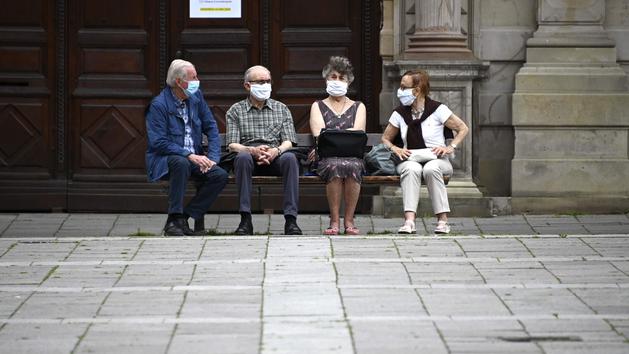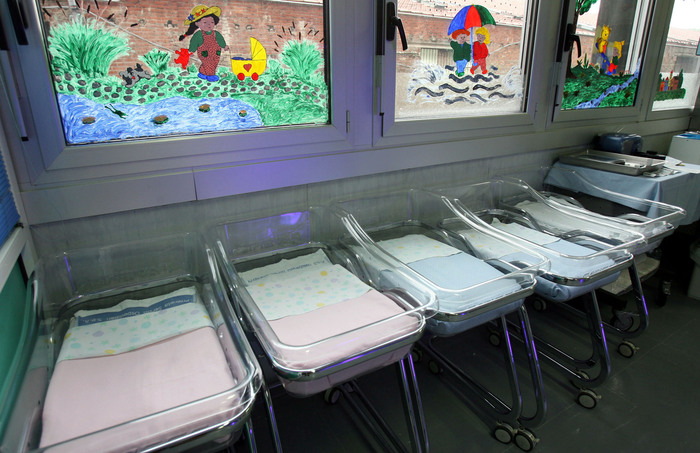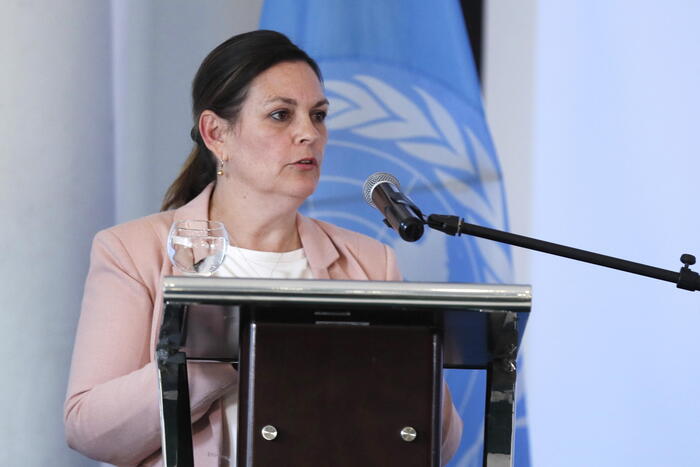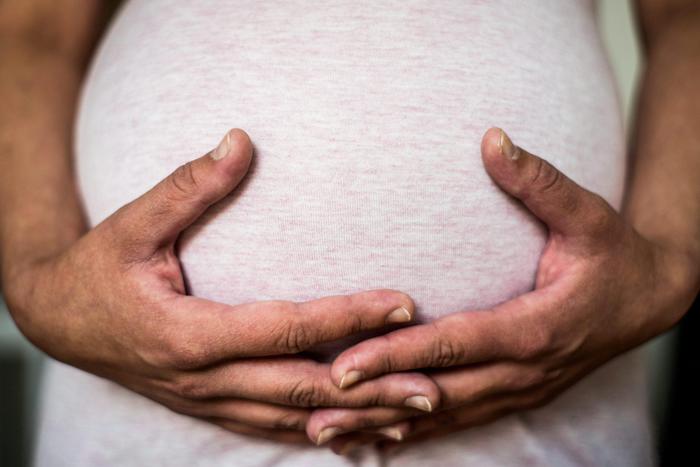Resuscitation, death, contamination ... Almost 15 days after deconfinement in France, these indicators are generally positive. Authorities call for caution and consider it too early to draw conclusions. Even if some scientists are more optimistic.
Read also: LIVE - Coronavirus: 12th day of deconfinement, caution remains
First crucial indicator: admissions to intensive care. Their " daily number (...) is still decreasing since April 8, " said the health agency Public Health France in its bulletin published Thursday.
Currently, around 1,700 patients are hospitalized in the intensive care unit for a severe form of Covid-19. They were 2200 a week before, and 7148 on April 8 for the highest total ever reached (we were then in full containment, applied from March 17 to May 11).
Read also: Coronavirus: update on the situation in France and in the world
Likewise, deaths are steadily declining. Between Wednesday and Friday, 74 Covid-19 patients died. We are very far from the daily reports in early April: between April 5 and 6, there were more than 600 dead in the hospital alone. In total, more than 28,000 people died in connection with the Covid-19. However, due to the long Ascension weekend, the Ehpad data - sometimes erroneous - has not been updated compared to Thursday and will not be updated until Monday.
Read also: Coronavirus: a group of Ehpad overestimated its daily toll by 342 dead
Everywhere in France, this epidemic was accompanied by an excess of mortality, underlines Santé publique France. This excess mortality " tends to return to usual levels ", according to the health agency. She also observed a decrease in emergency visits to Covid-19, which " reflects a decrease in new contaminations ".
Still too early
However, according to health authorities, it is premature to rejoice. " All we can say is that today we have no warning signal but that it is too early to draw from this observation that everything is going to be fine ", declares to l '' AFP Daniel Lévy-Bruhl, head of the respiratory infections unit at Public Health France. " There is a gap between what we measure today and what it corresponds to: what we measure today is still the benefits of confinement, " he continues.
Mechanically, the lifting of the containment on May 11 will necessarily lead to an increase in the number of infections since the contacts between people will multiply, warn the authorities. "The whole question is to keep this increase within the limits of what is acceptable, " emphasizes Dr. Lévy-Bruhl.
The government's dread is a return to the pre-containment scenario, with an explosion in the number of cases that would saturate the health system. To avoid this, it relies on a device combining tests, the identification of people in contact with a positive case (or " contact tracing ") and the isolation of patients.
For the time being, Public Health France has identified 46 outbreaks of infection (or " clusters ") across the territory. For the most part, the first cases date from before the containment was lifted. " The optimistic vision is that the identification of a cluster is good news because it confirms the device's ability to identify them and break the transmission chains ," comments Daniel Lévy-Bruhl. " The risk of a second wave exists, it is up to all of us collectively to ensure that it does not happen ," he adds.
Read also: Have any countries ever had a second wave of the Covid-19 epidemic?
Contrary to the dominant discourse, some scientists, minority but more and more numerous, judge that the epidemic is coming to an end. Some believe that the epidemic affected everyone she could touch. Their central argument: it is wrong to consider that the entire population is a target. " A significant part of the population may not be susceptible to the coronavirus, because non-specific antibodies to this virus can stop it, " epidemiologist Laurent Toubiana told AFP.
Caution
An opinion shared by Pr Yonathan Freund, emergency doctor at the Paris hospital of Pitié-Salpêtrière. He was struck by the drastic drop in the number of infections among his colleagues compared to the start of the epidemic. “ In the emergency room and in the hospital, we are particularly exposed. If the virus was circulating as much as before and we were all likely to be affected, we would have been infected between us or we would have been by the sick, "he explains to AFP. “ However, the vast majority of doctors were not affected at all. It's pure speculation but it could mean that people have natural or acquired immunity , "he says.
Since the lifting of the containment, the government has repeated that it will take at least two weeks to start to see more clearly. " I understand that we are very cautious about the idea of making a new prophecy, because everyone was so wrong at the start and I was the first, " says Professor Freund.









